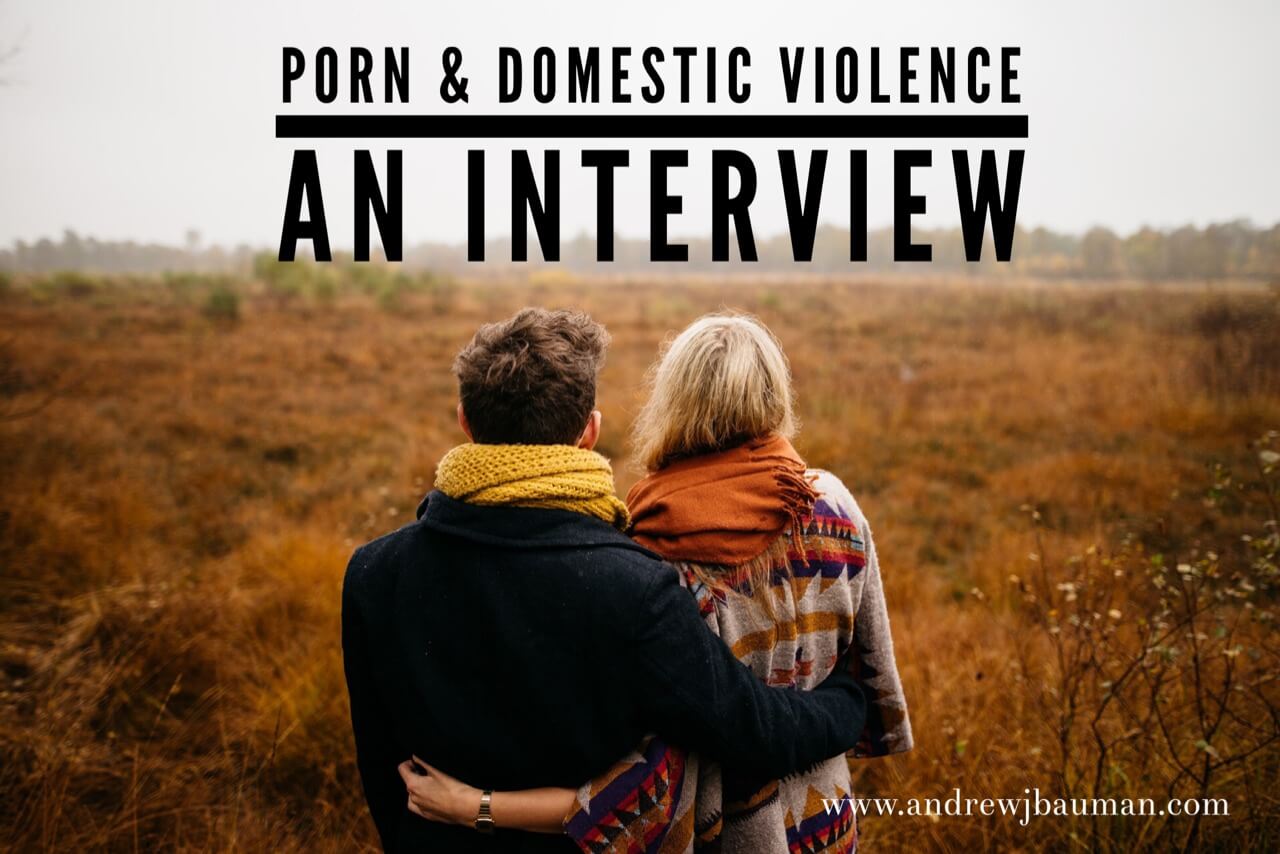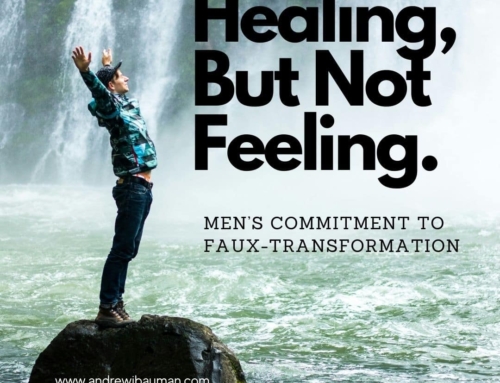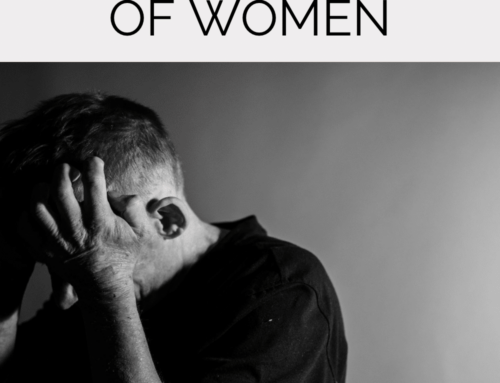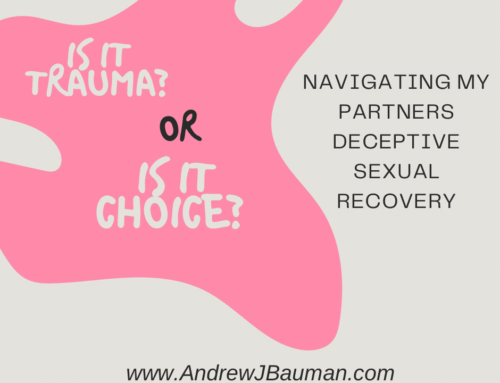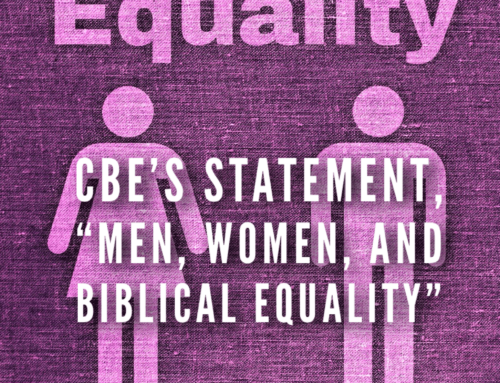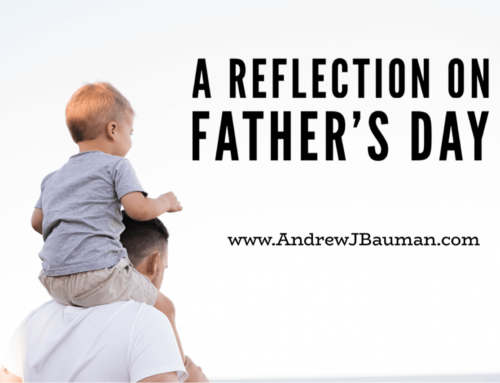I recently did an interview with Northwest Family Life on the intersection of Pornography and Domestic Violence. I find this topic and conversation vital to the healing gender violence and healing masculine violence. If you are interested in this topic, please sign up for my online course What About the Men in partnership with Dr. Nancy Murphy and www.DVtraining.net.
Interview:
Could a pornographic style of relating to the world overlap with domestic violence? We asked a few questions of Andrew James Bauman , author of “The Psychology of Porn” about this very thing.
You talk in your book The Psychology of Porn about a Pornographic Style of Relating, with the first category being control. You say that in a pornographic experience, the viewer gets to control the romance, rituals, climax and power without regard to another person. How does this parallel the power dynamic in an abusive relationship?
There is a lot of parallel. The Pornographic Style of Relating is fundamentally self-seeking and self-fulfilling. It is not about relationship or any awareness about the other’s needs or desires. This same self- absorption is at the center of abusive relationships.
Are there connections between demeaning people through objectification in pornography and demeaning people in real life relationships?
Definitely. It can be subtle. But it gets into our brain and we unconsciously live it out. Especially those who have grown up with internet pornography. We believe somewhere in our being that “women” are there to serve us (men), and bring us pleasure. (Now this dynamic is also in our Churches and government and culture, check out my Pornocracy Article.) When women don’t meet our needs many men can become aggressive.
Though domestic violence is different than sexual addiction, there seems to be much overlap between the two in the themes you address in The Psychology of Porn, such as isolation being at the core of addition and a sexual addict’s desire to devour beauty. Would you elaborate on these overlapping themes?
Many men are deeply wounded and insecure. So when we have not done any healing work, we begin to try to work out our wounds and attempt quick fixes. “Women” become a quick fix. (Check out Letter from an honest Misogynist) Though using women doesn’t ultimately work, it numbs, and medicates while making us feel “powerful” and “manly”. This is what is known as “toxic masculinity”.
How would you compare the shame that surrounds pornography to that which surrounds DV?
I think there is a level of healthy shame when we degrade another human being. That can be through a variety of forms, but sexuality seems to be a primary way to excise power and reduce women to objects that men can control.
How does coming from a faith background affect response to these issues?
Sadly, many in the faith have shied away from these issues. When is the last time you heard a sermon on Sunday morning about DV? Or male violence? I think my faith propels me even more to defend the defenseless, and advocate for those who are marginalized and harmed.
Could you talk about connections between porn, domestic violence, and patriarchy?
Patriarchy is “a system of society or government in which men hold the power and women are largely excluded from it.” With misogyny deeply entrenched into our male psyche, the natural next progression is the birth of patriarchy. With the unconscious posture that “women are less than”, men take their “rightful” places of power with women serving as a step ladder, making sure men retain that power. This is made possible by women’s own internalized misogyny and sexism, “Internalized sexism is defined as the involuntary belief by girls and women that the lies, stereotypes and myths about girls and women that are delivered to everyone in a sexist society are true.”
Violence against women is the number one health concern for women globally. Do you see porn use as a type of violence against women?
Yes, if women can remain sexualized, and objectified then they can stay “small” and not be a threat to control male power systems (American government and the Evangelical Church.)
Often I think it’s assumed that misogyny is practiced by men against women. But I have experienced women in strongly patriarchal societies that seem equally if not more misogynistic, albeit unconsciously. What are your thoughts on misogyny lived out in women?
Similar to DV, sexism and misogyny can become internalized by women in an oversexed and patriarchal society and victims of all forms of abuse. This cognitive dissonance helps keep their world together and is a defense against pain.
You say sexual addicts are often good men who are unaware of the dynamics they foster with real women. In what ways might this be similar to abusers who hurt their loved ones?
In my work with men I have found many men who abuse women are wildly unaware of what they are doing. This doesn’t excuse their behavior, but it does help me believe in their true goodness. When they begin to heal, grieve their wounds, take responsibility for the harm they have caused and begin the journey of relational repentance and repair, men can be powerful agents of change and good in this world.
You speak of the work of a non-addicted partner as differentiation and creating boundaries, rather than enabling the dysfunction. This sounds like some of the steps a person might take when seeing early signs of manipulation and control that might lead to an abusive relationship.
Yes, exactly. The work of the non-addicted partner or the victim in a DV relationship are much in the same. You work on speaking your truth, owning your goodness, and standing in your strength and worth.
